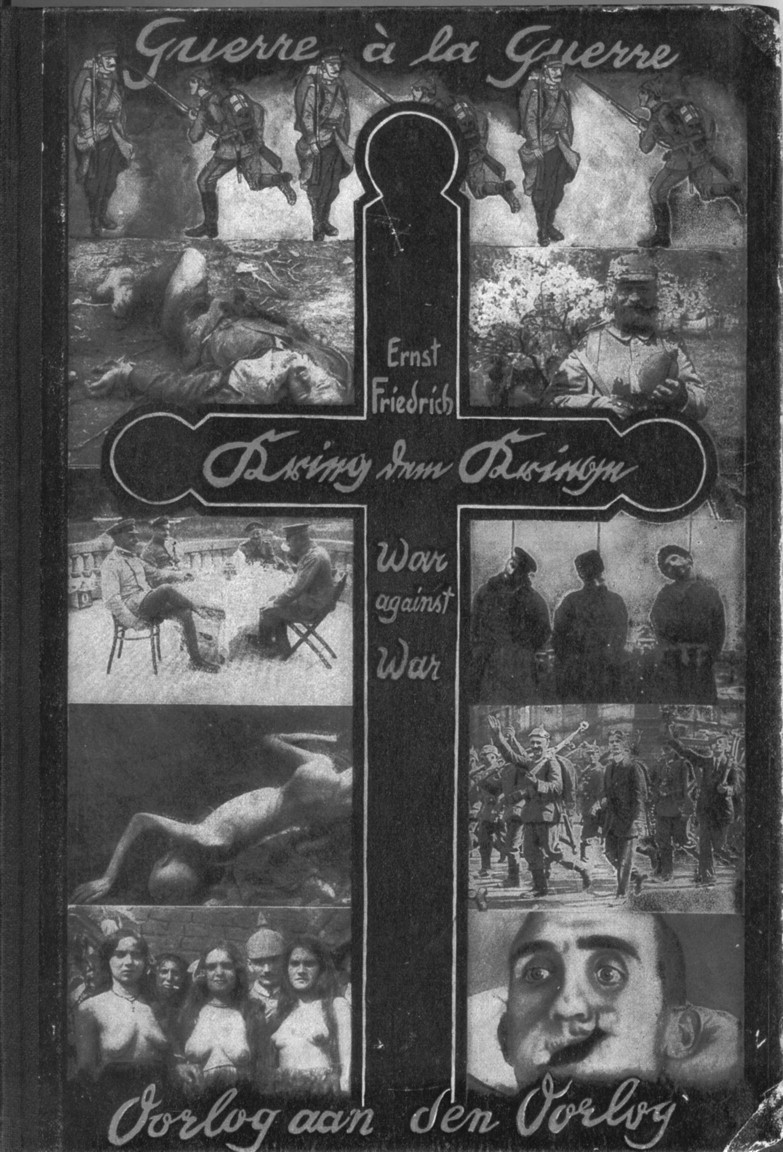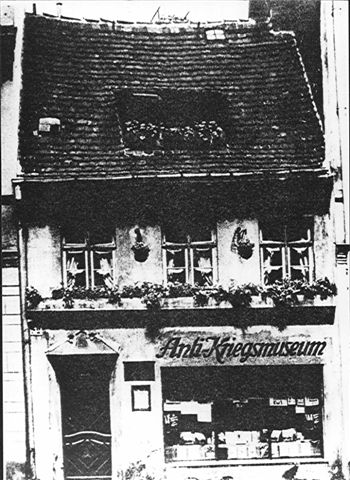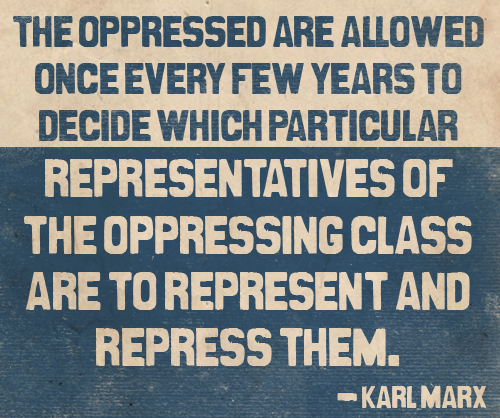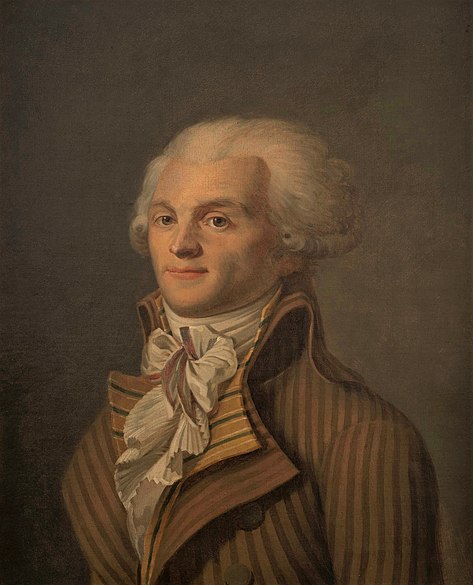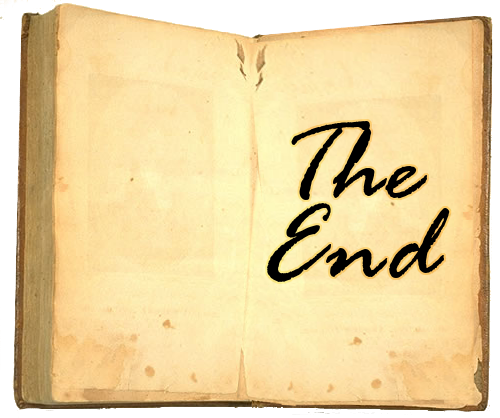
These are the instructions for the final chapters of your family saga:
CHAPTER 9
You are one of the children of the person who wrote chapters 7 and 8. You continue to work at a news-stand at the Puerta del Sol. As you sell newspapers and magazines, you are up to date with the main events of this period. In this chapter you will have to write in some specific dates, so that you can include the main historical contents of the Restoration period:
- 1876: On this date you will have to explain the restoration of the monarchy with Alphonse XII, Cánovas del Castillo's plans for the new politica system, the features of the 1876 Constitution and the end of the 3rd Carlist War. You can explain the information you have about political changes and the end of the war as news you've read on the newspaper or comments of some of your clients.
- 1879: On this date you will have to explain the end of the war in Cuba, the creation of the Conservative and Liberal Party and the founding of the PSOE in Casa Labra in Madrid. Even if the PSOE was illegal at that moment, you can know that it was founded because Casa Labra is very close to the Puerta del Sol and one of the waiters told you about that.
- 1885: On this date you will have to explain the alternation of the dynastic parties in power and the manipulation of the elections, Alphonse XII's death and the beginning of Mª Christina of Habsburg's regency after El Pardo Agreement. One of you sons has to start working as an apprentice in a printing press. You will also receive an unexpected visit from your relatives in Andalusia. One of your cousins and his/her family come to visit you to Madrid and explain you that they lost their land because they got into debt and couldn't pay the money-lender. They've decided to migrate to Barcelona because they have known that textile industries need workers there and they think they can find a job and start a new life there. You will lend them some money to buy the train tickets to Barcelona. They will promise you to keep in touch through mail and give you the money back as soon as they can.
- 1891: On this date you will have to explain the approval of the universal suffrage in 1890 and the first elections with this law. You will vote for one of the opposition parties (one of the republican parties) and will be deceived with the results due to electoral manipulation. Your son in the printing press becomes a PSOE member and explains you Marxist ideas, but you consider them too radical.
You will also receive a letter from your relative in Catalonia explainig the industrialization of the city and the arrival of many immigrants from other provinces to work in the factories. Your relative is attracted by anarchism because the working conditions in the factories are very hard and he/she will explain you the debate between anarcho-syndicalism and propaganda by the deed. He/she has to reject violence. Your relative will also explain you the appearance of Catalanism.
-1898: Here you will have to explain the founding of the PNV in the Basque Provinces, the assassination of Cánovas de Castillo by an anarchist, the outbreak of the War of Cuban Independence and the war against the USA. One of your sons will be conscripted because you can't pay the redemption in cash to avoid the military service (1) and will die at the war.
As you are very sad, one of your children will write about the 1898 disaster and the beginning of Alphonse XII's reign in 1902. This person has to say that he/she wants to go on with the story. After what this person writes, you can include some broken sheets, as if someone had torn them out.
POSTSCRIPT
Imagine that you are a contemporary person in 2017 who finds the diary of your family. Write a short conclusion about what you've read on the diary.
(1) Redemption in cash: this was the money a family had to pay if they wanted that their son didn't go to the military service or to the war. Rich people paid to avoid their children to serve in the army. Poor people couldn't pay for it and always had to go to war. Republican parties and workers organizations claimed for the elimination of redemption in cash and wanted that everyone, no matter their wealth, did the military service.
Here you have the presentation with the contents you will need to write the final chapters. You wil have to hand them in at the end of May.
